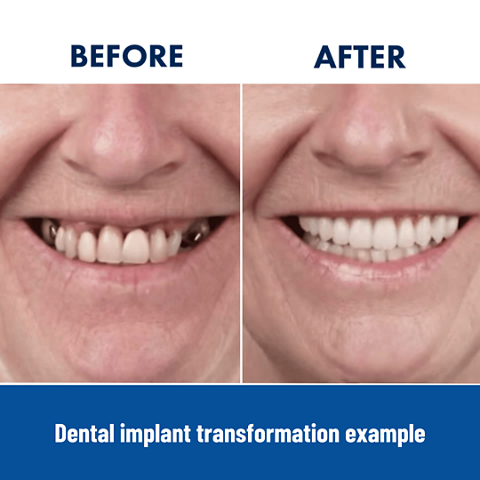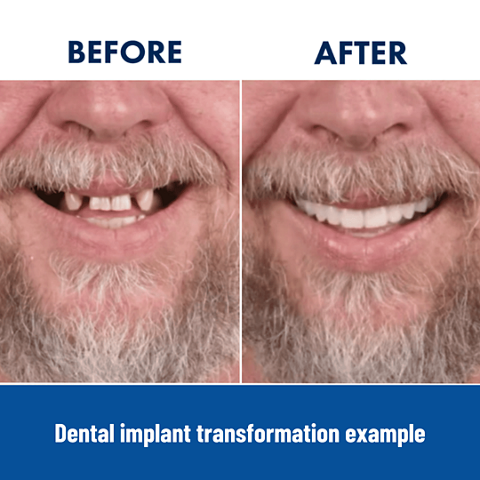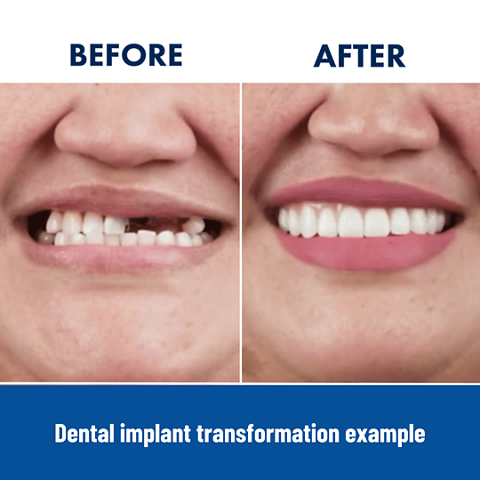Behind every smile, there is a story
TeethToday assists dental implant patients with different services across the world. Watch these dental implant patients' smile stories and their experiences.


Before & after transformations
Explore examples of what dental implants can achieve with the before & after transformations completed by international dental clinics. (Please see the risks in the disclaimer)



Frequently asked questions
Every surgical procedure carries potential risks. You should always consult with a dental professional prior to treatment. Potential risk factors may vary depending on medical or other conditions of each patient. The possibility of immediate placement and the use of a prosthetic tooth depends on many factors, such as bone presence and quality, dental history, implant location, and availability of the final restoration. Your clinician will fully describe the possible scenarios to you during consultation prior to surgery. Consult your clinician to find out if dental implants are right for you.
